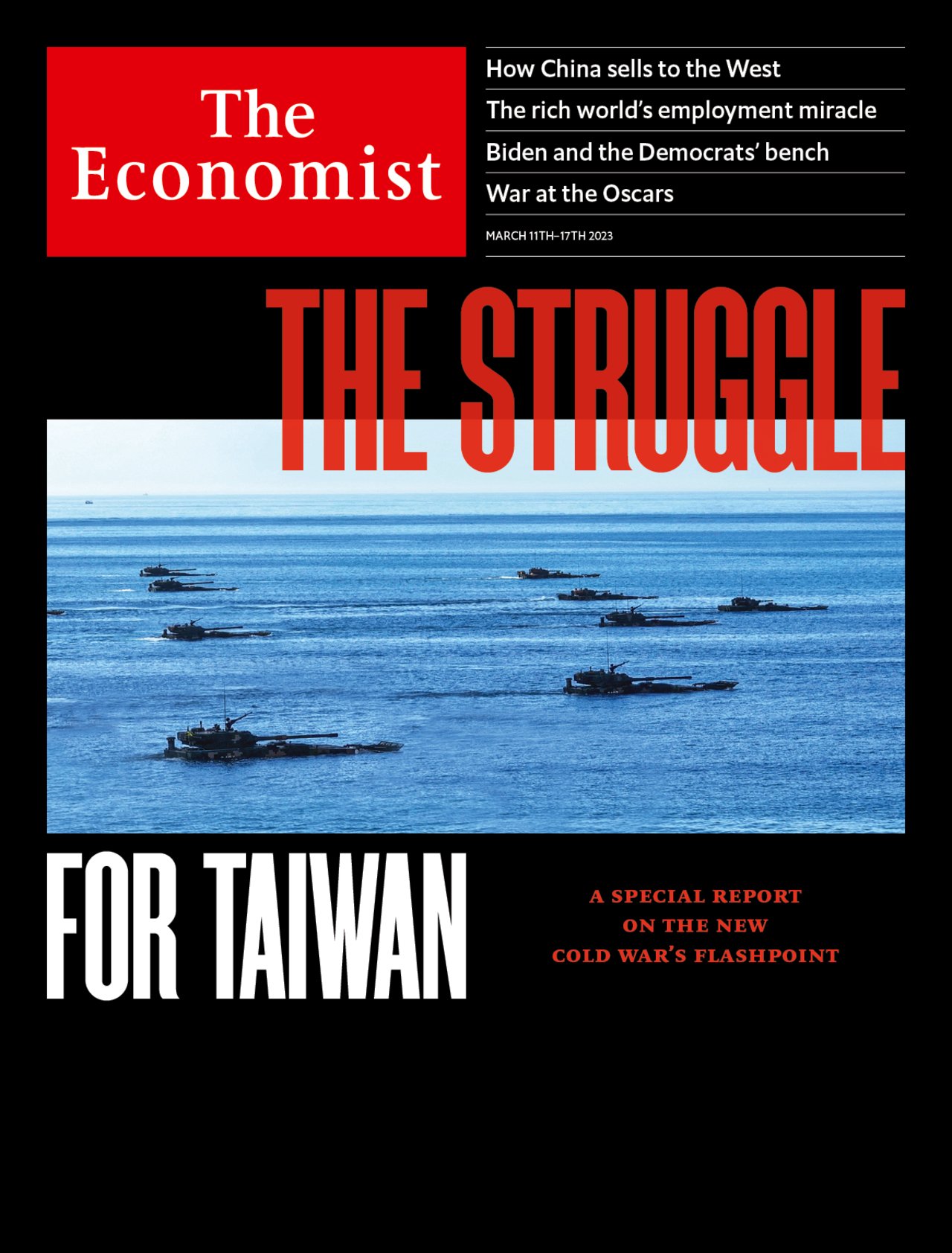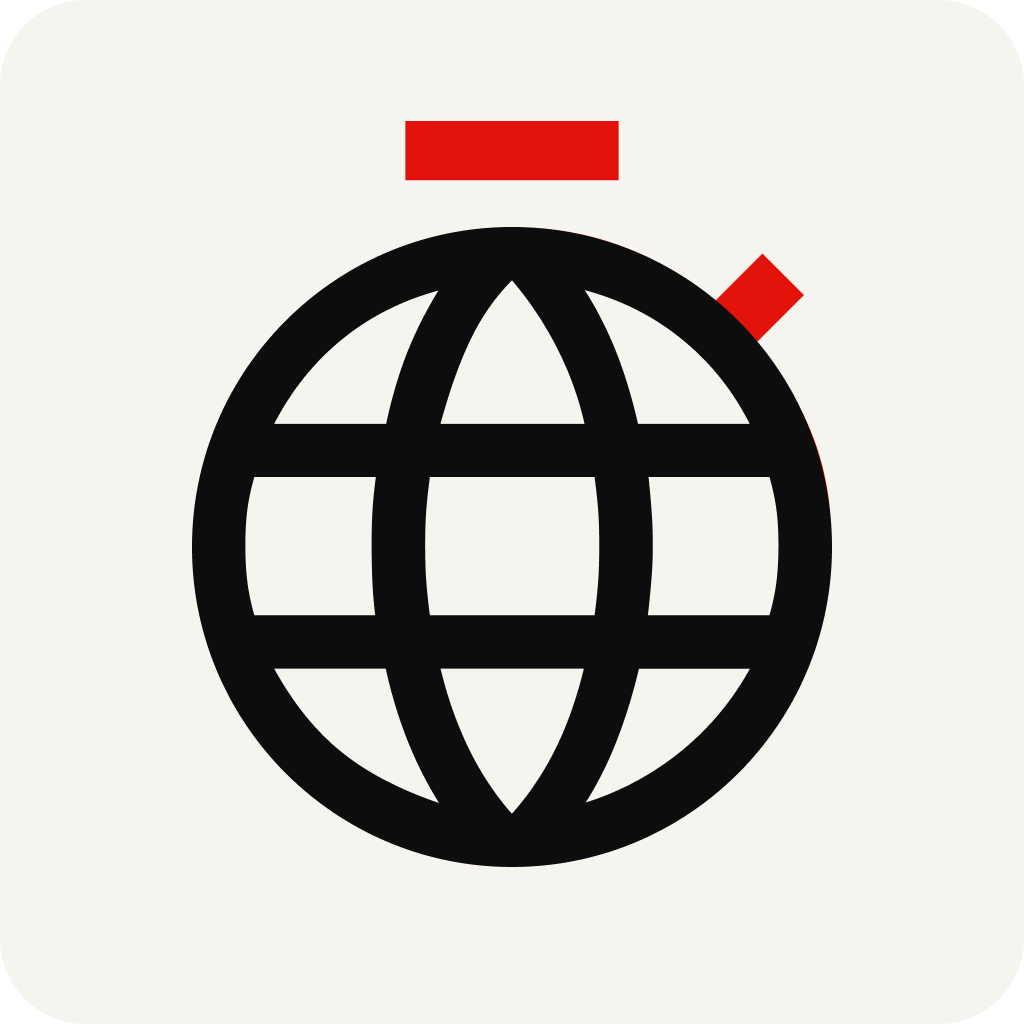Many of China’s top politicians were educated in the West
It did not endear them to it

In the early 20th century thousands of Chinese Communist Party members went to Russia to learn how to stage a revolution and build a socialist state. The Russians, in turn, hoped the study programmes would give them lasting influence over their Chinese comrades, many of whom would rise to positions of great power. But within a decade of becoming communist, China began squabbling with the Soviet Union. In 1961 leaders in Beijing denounced Soviet communism as the work of “revisionist traitors”.
This article appeared in the China section of the print edition under the headline “Learning skills, not values”

From the March 11th 2023 edition
Discover stories from this section and more in the list of contents
Explore the edition
China’s leaders reveal their plan to cope with 2025
Beating trade wars and deflation and boosting science are priorities

This week is a moment of truth for Xi Jinping on deflation
The budget will show how the Party plans to tackle the dangers China faces

The AfD’s unusual China connection
Alice Weidel, leader of Germany’s AfD, spent six years in the People’s Republic
Who works where, doing what, in China
A surprising new census shows a workforce being transformed
Could there be Chinese troops in Europe?
China’s leaders now talk of “a window of opportunity for peace”
Chinese authorities try to stop parents gaming the exam system (again)
They will go to great lengths to try








